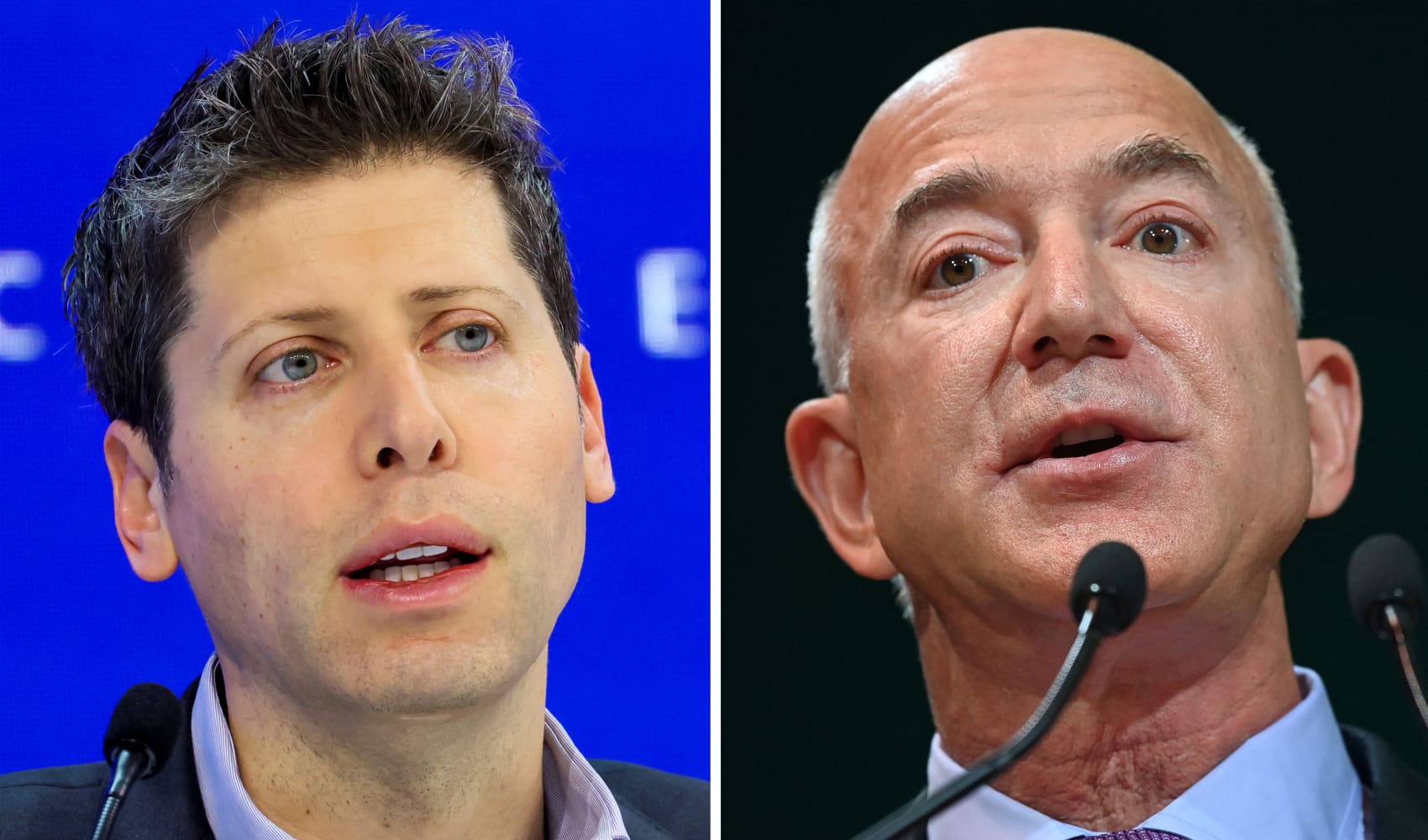
A bachelor's degree has long been regarded as the way to get ahead in the work world. Still, many Americans ultimately forgo a higher education (though, not always by choice). In 2021, 27.9% of adults ages 25 and older had a high school degree as their highest level of education, according to the Census Bureau. Nearly 15% had completed some college but didn't have a degree.
These days, when it comes to getting hired, that might not be a detractor. "We are seeing a huge increase in the share of job listings that do not require a college degree," says Sinem Buber, lead economist at ZipRecruiter. IBM stripped bachelor's degree requirements for more than half of its U.S. job openings in 2021, for example, focusing on relevant skills rather than education when it comes to some of their tech roles. Accenture has recently done the same.
Still, if you're a jobseeker without some form of higher education, how do you format your resume to ensure you're being considered by hiring managers? Here's what experts recommend.
Focus on professional development and credentials
Get top local stories in Philly delivered to you every morning. Sign up for NBC Philadelphia's News Headlines newsletter.
If you've received certificates or have had some sort of training relevant to the job you're vying for, instead of an education section, try adding a training or credential section.
People adding such a section can "talk about some of the professional development that they've done or any certifications that they may have gotten during the course of their career," says Yolanda Owens, career expert at The Muse. "That will suffice in lieu of" an education section.
If you've completed some college credits but haven't gotten a degree, you can keep the education section at the bottom of the resume. "Put down the school that you've attended, the years that you attended there or how many credit hours you completed," says Owens. "That way they can tell that you've had some college education."
Money Report
Many people build soft skills like written and verbal communication during their degree, and showing you've done some of that training can prove to employers you've been accruing those as well.
'It's fine for you to just omit that'
If you've been in the job market for a while and you're applying for a job that's directly relevant to the experience you've accrued, you might be able to remove your education section altogether.
When it comes to what recruiters are looking at in terms of your resume, what they're asking is, "what are the things that you've done in your professional career that align with the job that I'm hiring for right now?" says Phoebe Gavin, career and leadership coach. What responsibilities you had at work, what you have accomplished and contributed to previous teams, and so on. That's all in your experience section.
Education sections tend to come at the very end of the resume. "The bottom of the first page, the bottom of the second page, it's just not a place where recruiters are spending a lot of mental energy," she says. "And so it's fine for you to just omit that and not have any education section if you don't have a degree."
One thing to steer clear of: Don't include an education section that just has a high school diploma.
"That's drawing attention to the fact that you don't have a degree and it brings up questions that don't necessarily need to be asked in the first place," says Gavin. "If you're applying for a job that you can do, then there isn't any reason for us to create extra, additional barriers for you. You can just omit that altogether."
Check out:
How to format your resume the right way, according to experts: 'The standard template is 3 sections'
Don't forget this key section of your resume—it's your first chance to impress hiring managers
Sign up now: Get smarter about your money and career with our weekly newsletter






